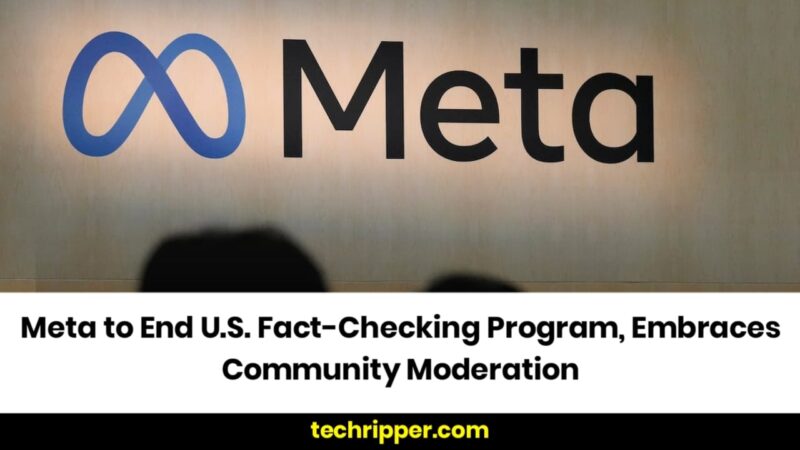Starting Monday, Meta will no longer employ any fact-checkers in the United States, as confirmed by the company’s Chief Global Affairs Officer Joel Kaplan. This move is part of a broader shift in Meta’s content moderation policy, initially announced in January, which significantly rolled back enforcement practices.
The decision comes shortly after President Donald Trump’s inauguration, an event Meta CEO Mark Zuckerberg personally attended after donating $1 million to the inauguration fund. Around the same time, Zuckerberg appointed UFC President Dana White, a longtime Trump ally, to Meta’s board of directors.
“The recent elections also feel like a cultural tipping point towards once again prioritizing speech,” Zuckerberg said in a video outlining the policy changes.
However, critics say this renewed focus on “free speech” has come at the expense of vulnerable communities. According to Meta’s updated statements questioning a person’s mental health based on gender identity or sexual orientation will now be allowed under the umbrella of political and religious debate.

In place of professional fact-checkers, Meta is rolling out its own version of Community Notes — a model borrowed from Elon Musk’s X (formerly Twitter). These user-generated notes will begin to appear on Facebook, Threads, and Instagram, but without any penalties for sharing false or misleading content.
“In place of fact checks, the first Community Notes will start appearing gradually across Facebook, Threads & Instagram, with no penalties attached,” Kaplan posted on X.
This shift has sparked concern among disinformation researchers. Experts argue that while community moderation tools can offer useful context, they are most effective when combined with professional oversight — which Meta is now eliminating entirely.
Already, the rollback has had real-world consequences. A ProPublica report documented the spread of a viral falsehood claiming that ICE is offering $750 to individuals who report undocumented immigrants. The post’s author celebrated the policy change, calling it “great information.”
“We’re getting rid of a number of restrictions on topics like immigration, gender identity and gender that are the subject of frequent political discourse and debate,” Kaplan stated in January.
With more polarizing content likely to appear in users’ feeds, Meta stands to benefit from increased engagement — but at what cost?
Also Read : Roam Secures $11.5M Series A Led by Keith Rabois, Aims to Transform U.S. Housing Market








